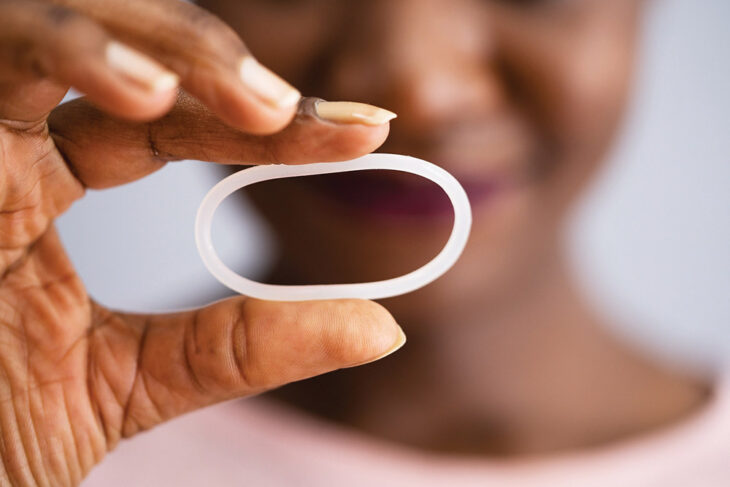There is great joy in having children. With modern birth control options, women can plan when in their lives this blessed event occurs. Fortunately, many effective methods of birth control are available to help with these life choices.
HORMONAL
The most common means of birth control employ female hormones, estrogens and progesterones to prevent the ovary from producing an egg. Without an egg to fertilize, the woman can’t get pregnant. Hormonal therapy has the advantage that once it’s stopped, fertility usually returns quickly.
Types of hormonal birth control include:
• Pills: The first hormonal therapy available, birth control pills, were approved by the FDA in 1960. The hormones in these tiny tablets fool the body into thinking the woman already may be pregnant and prevent the ovary from producing another egg. Taking the pill for three weeks prevents ovulation, and then a week off allows for the menstrual cycle before starting the medication anew.
• Patch: Introduced in 2002, the hormonal patch works like the pill, using the same drugs and causing the same suppression of ovulation. The patch is used once a week for three weeks, followed by a one-week rest period.
• Shot: The Depo-Provera shot, given every three months, works like these other methods; its progesterone content prevents ovulation. Unlike the pills and patch, those using the Depo shot usually have scant or even absent periods.
• Implant: One of the easiest contraceptive devices is the implant, an inch-and-a-half plastic rod placed under the skin of the upper arm. It effectively prevents pregnancy for four years by slowly infusing progesterone — again, preventing ovulation. It also increases cervical mucous, reducing sperm penetration.
All hormonal birth control methods increase the risk of blood clots to about 1 percent over 10 years, while the risk of developing blood clots for women not on birth control is about one in a thousand, or 10 times less. Another issue to consider is that these methods do not protect against the transmission of venereal disease.
BARRIER METHOD
A totally different method is the intra-uterine device, known as the IUD. Here, a small foreign object, shaped like a T and about the size of a quarter, is slipped through the cervix to sit in the uterus. Four of the five types of IUDs available in America contain a small amount of progesterone, which helps suppress pregnancy and decreases a woman’s menstrual flow. These devices last up to five years, or up to 10 for the copper one.
Having the man wear a condom, or for the woman, a vaginal cap (which must be fitted by a physician) creates a barrier to prevent the sperm from reaching the egg. The advantage of the condom is it helps prevent the transmission of venereal diseases. A condom can be used in addition to other forms of birth control. Unlike most of the methods discussed here, condoms do not require a prescription. Another over-the-counter birth control method is a sponge containing spermicide that a woman places inside before sex. It’s only about 70 percent reliable.
STERILIZATION PROCEDURES
A final barrier method to consider is sterilization. The man can have a vasectomy, or the woman can have a tubal ligation. While these methods are quite effective, unlike the other methods listed here, they should be considered irreversible.
Natural methods, such as avoiding intercourse during the most fertile times of the month or withdrawal before ejaculation, are generally unreliable.
According to the National Health Service (UK), when used properly, all these methods are over 99 percent effective. However, some women find it difficult to take a pill every day, or miss their appointments for the shot, so the actual effectiveness runs around 91 percent. In other words, one out of 10 women who rely solely on pills or patches for birth control may get pregnant within a year.
Feeling secure about the risk of pregnancy can make sexual relations more comfortable. Not all the risk factors are mentioned here, so I recommend discussing personal medical history and concerns with a healthcare provider before beginning any medication.
Dr. Philip L. Levin is a retired emergency medicine specialist in Gulfport. Learn more or contact him at www.Doctors-Dreams.com.



